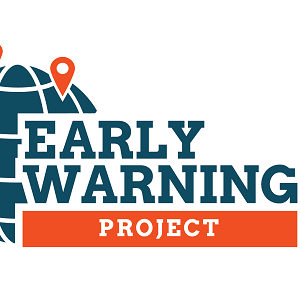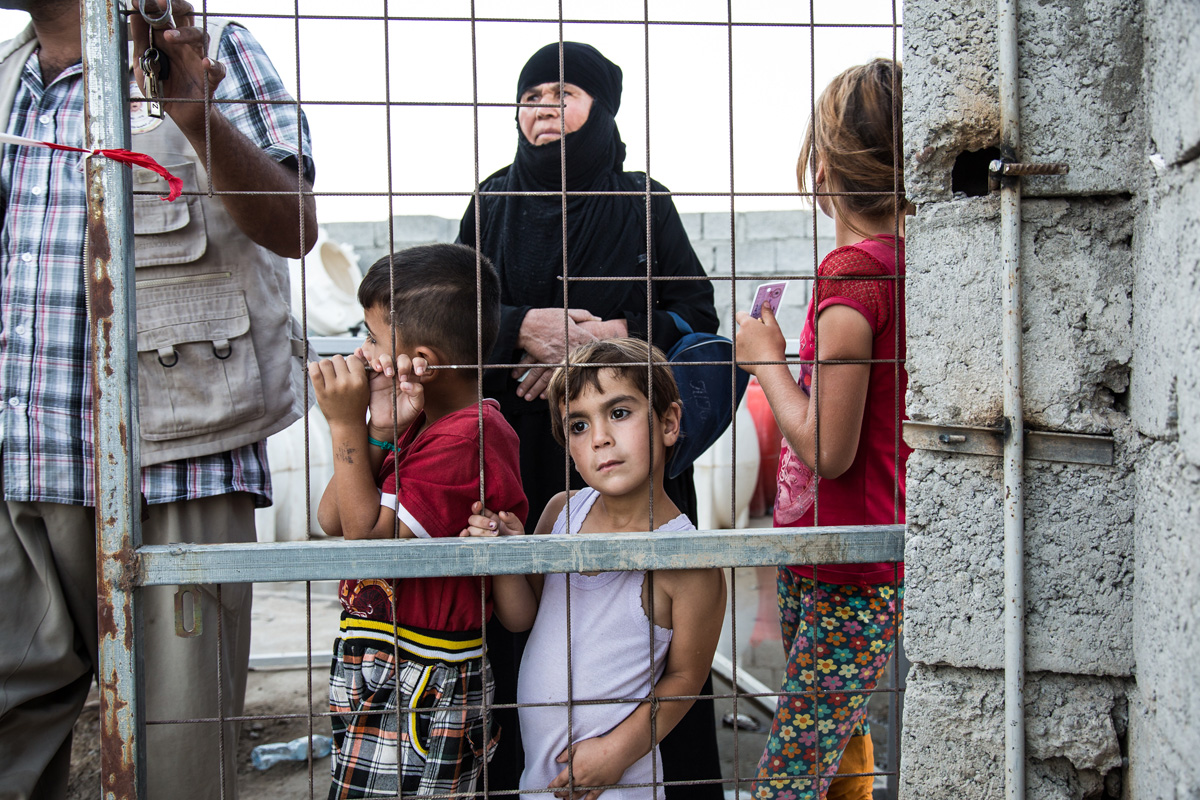Blog Home > early warning project
-

Watch Experts’ Beliefs Evolve Over Time: South Sudan Conflict
February 5, 2014
On 15 December 2013, “something“ happened in South Sudan that quickly began to spiral into a wider conflict. Prior research tells us that mass killings often occur on the heels of coup attempts and during civil wars, and at the time South Sudan ranked among the world’s countries at greatest risk of state-led mass killing.
Motivated by these two facts, I promptly added a question about South Sudan to the opinion pool we’re running as part of a new atrocities early-warning system for the U.S. Holocaust Memorial Museum’s Center for the Prevention of Genocide.
-

Will Unarmed Civilians Soon Get Massacred in Ukraine?
January 31, 2014
As part of a public atrocities early-warning system I am currently helping to build for the U.S. Holocaust Memorial Museum’s Center for the Prevention of Genocide (see here), we are running a kind of always-on forecasting survey called an opinion pool. An opinion pool is similar in spirit to a prediction market, but instead of having participants trade shares tied the occurrence of some future event, we simply ask participants to estimate the probability of each event’s occurrence. In contrast to a traditional survey, every question remains open until the event occurs or the forecasting window closes. This way, participants can update their forecasts as often as they like, as they see or hear relevant information or just change their minds. With generous support from Inkling, we started up our opinion pool in October, aiming to test and refine it before our larger early-warning system makes its public debut this spring (we hope).
-

What the U.S. Intelligence Community Says About Mass Atrocities in 2014
January 29, 2014
Here’s what Director of National Intelligence James Clapper said about the risk of mass atrocities this year in the Worldwide Threat Assessment he delivered today to the Senate Select Committee on Intelligence...
-

Why More Mass Killings in 2013, and What It Portends for This Year
January 13, 2014
In a recent post, I noted that 2013 had distinguished itself in a dismal way, by producing more new episodes of mass killing than any other year since the early 1990s. Now let’s talk about why. Each of these mass killings surely involves some unique and specific local processes, and people who study in depth the societies where mass killings are occurring can say much better than I what those are. As someone who believes local politics is always embedded in a global system, however, I don’t think we can fully understand these situations by considering only those idiosyncratic features, either. Sometimes we see “clusters” where they aren’t, but evidence that we live in a global system leads me to think that isn’t what’s happening here.
-

Comparison Survey 2014: Assessing Risks of State-Led Mass Killing
December 1, 2013
Which countries in the world are most likely to see new episodes of state-led mass killing in 2014? To help us answer this question, we'd like you to participate in a pairwise wiki survey, the aggregated results of which will be made public on our program's web site when it launches early next year. Participation can take as little or as much time as you like, and even just a few minutes of your time will really improve our results.


